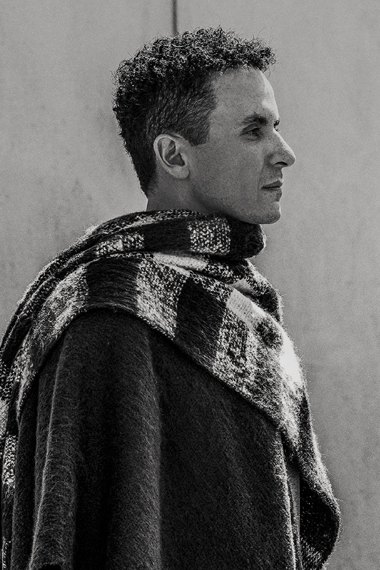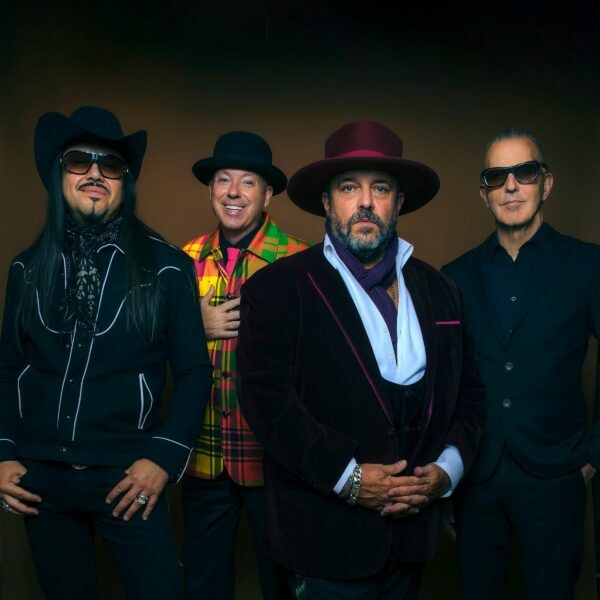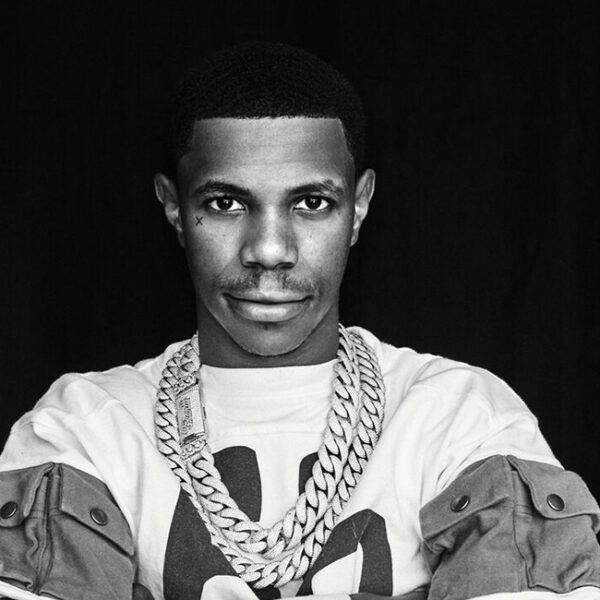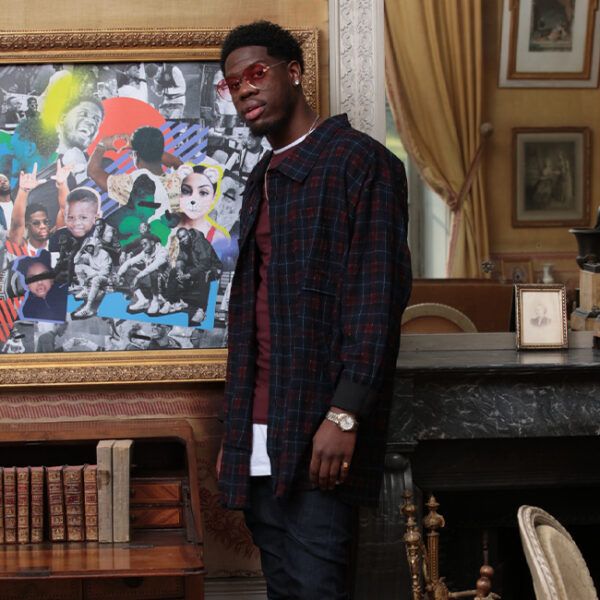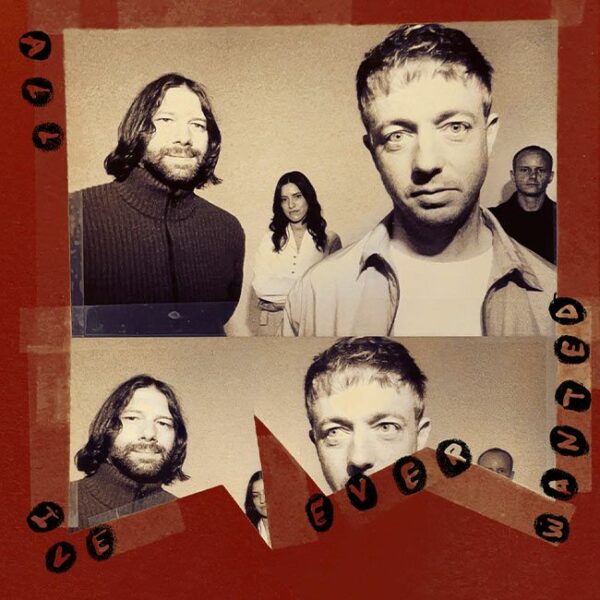Billets
- de 33.5 €
- à 40.5 €
Première partie
DJ EMILE OMAR
Organisateur
3D FAMILY PRODUCTION
You thought you knew Roberto Fonseca, the brilliant Cuban pianist who drew attention the first time he appeared at Havana’s International Jazz Festival. He was just fifteen. Maybe you know that he’s an alumnus of Havana’s Superior Institute of Art, and that he released his first solo album in Cuba in 1999 (Tiene que ver). There isn’t a soul who doesn’t know he was Rubén González’ replacement in the famous Buena Vista Social Club™, before accompanying Ibrahim Ferrer on a worldwide tour (to play 400 dates and, in the process, win over pairs of ears in untold numbers.) Later, he ran his fingers over the keyboard for Omara Portuondo. Some people have heard him alongside Malian singer Fatoumata Diawara, tracing a link between Cuba and Africa; the outcome of their fertile conversation was an album recorded in 2015 at Jazz in Marciac (At Home, a Montuno/Jazz Village release). And most recently, everybody saw his deserved nomination for a GRAMMY© Award in the category Best Latin Jazz Album. In a word, you thought you knew who he was, more or less.
ABUC is the title of his new album, the eighth one he’s released under his own name to date and the first to appear on the famous impulse! label. It reveals another of his facets: Roberto Fonseca is a storyteller. Teeming with rascally rhythms and burly brass, and woven from allusions, souvenirs and contrasts, ABUC is a kaleidoscope of dancing colours with which Roberto tells a story: the great and rich story of Cuban music, from yesterday to today. Ranging from contradanza and mambo to cha-cha-cha, danzon and bolero, and infused with the spirit of the descarga jam and hip-hop, Roberto narrates this story in his own manner; his tale swarms with subtly veiled references to the past, and he enumerates them in contemporary detours that are intriguing. En route, he prances over the keys of a Hammond organ, the sound of yesterday cutting across the sound of today (a touch of electro), and breaks free from the chronological thread to mingle different periods as the album’s titles come and go or, at times, even inside one and the same piece. Drawing straight lines is not his thing. What Roberto Fonseca prefers is zigzags, jostled readings, versions inverted. You probably noticed that ABUC is a palindrome. It’s CUBA written backwards. So the journey through time proposed here is no linear path: the ‘loop’ notion suits Roberto better.
The album opens and closes with the same theme, orchestrated as an overture and then transformed into a simple piano piece as the epilogue: Cubano Chant, a composition by American jazz pianist Ray Bryant (1931-2011). “Ray Bryant? His name has gone down in history. He dedicated this very beautiful tune to Cuban song. So I wanted to express my gratitude to him by beginning the album with that tune. American jazz, but re-created with the soul of the guaracha,” says Roberto. “The union between jazz and our music in Cuba is very significant with regard to the history of music in general.” In inviting trombone player Trombone Shorty to play on this title, he wanted, he says, “to show everything that binds Cuba to New Orleans.” Among many other remarkable guests who add their personal colours to this beautiful journey, besides vocalists Daymé Arocena and Carlos Calunga you can also take pleasure in hearing singers Rafael Lay and Roberto Espinosa Rodríguez from the Orquesta Aragón, trumpeter Manuel “Guajiro” Mirabal, and the famous guajiro singer from the province of Santiago de Cuba, Eliades Ochoa. “Three singers are my heroes, apart from my mother,” says Roberto, “Omara Portuondo, Ibrahim Ferrer and Eliades Ochoa, who I was fortunate to work with on the title Tumbao de la Unidad”. This guajira astutely mingles electro effects and electric guitar with the instruments of Brazilian percussionist Zé Luis Nascimento surrounding the voice and guitar of Eliades. “He sings an appeal for love, a call for peace in the world, and unity.” A dream? “Dreams are goals for which you have to fight a battle that never ends.” Musician, composer, producer, storyteller, and warrior-dreamer.
EMILE OMAR
For 14 years musical programmer of Radio Nova in Paris, since 7 years founder and dj of the monthly party « tropical discoteq » centered on the Afro-Caribbean music of the years 70/80. With his label Fanon Records and his productions, Emile Omar has revived french poet Brassens and his classics interpreted by Lianne La Havas, Danyel Waro, Shawn Lee, Yael Naim or Rodrigo Amarante: « Brassens, echoes of the world and of today’’. His production project » Roseaux » revisited elegantly some his favorite tracks in a folk-jazz-soul versions, all sung by Aloe Blacc. On his project « 1969, melodic year », a compilation of songs from These famous years (released in 2014) appears an unpublished of Serge Gainsbourg: the instrumental version of « I came to tell you that I am leaving ». He is currently working on Roseaux II.
ASSIS CAT 1 (balcon, placement libre)
DEBOUT CAT 2 (orchestre)
Nouvel album de Roberto Fonseca !
AbuC est un voyage à travers la riche histoire musicale de Cuba. Roberto Fonseca s’est entouré d’une section cuivre de la Nouvelle Orléans, pour revisiter les courants qui scellent la singularité de la musique cubaine : du cha-cha au bolero, en passant par le mambo et le danzón. Nominé en 2014 aux Grammy Award, Roberto Fonseca est désormais une figure de l’histoire de la musique cubaine du 21ème siècle.
Roberto Fonseca présente son nouvel album Abu C à Paris, LA CIGALE le 21 mars 2016. Un évènement incontournable.
1ère partie : EMILE OMAR
Depuis 14 ans programmateur musical de Radio Nova à Paris, depuis 7 ans fondateur et dj de la soirée mensuelle « tropical discoteq » centrée sur la musique afro-caribéenne des années 70/80. Avec son label Fanon Records et ses productions, Emile Omar a redonné un coup de jeune à Brassens et ses classiques transfigurés par Lianne La Havas, Danyel Waro, Shawn Lee, Yael Naïm ou Rodrigo Amarante : « Brassens, échos du monde et d’aujourd’hui ». Puis son album « Roseaux » a revisité avec élégance des titres qui lui étaient chers en version folk-jazz-soul, le tout interprété par Aloe Blacc. Sur son projet « 1969, année mélodique », compilation de chansons issues de ces fameuses années (sorti en 2014) apparait un inédit de Serge Gainsbourg : la version instrumentale de « Je suis venu te dire que je m’en vais ». il es actuellement en train de travailler sur Roseaux II.


